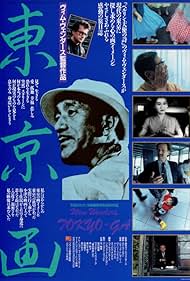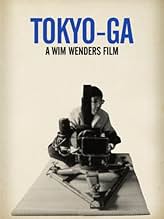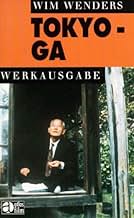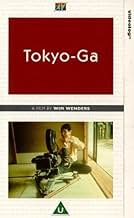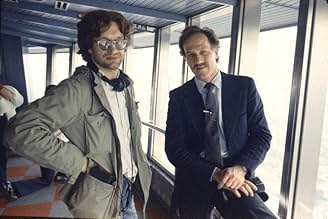This had been on my watchlist for ages, but after watching the excellent Perfect Days, it became a top priority. Both have Wim Wenders exploring Japan, though Tokyo-Ga is a documentary, and one with a surprising focus on Yasujiro Ozu. When Wenders is focused on Ozu, and interviewing people who knew the legendary filmmaker, I think Tokyo-Ga is at its best.
There are other sections dedicated to just exploring technology and life in Japan, but these parts come up a little short at times. Wenders' narration can feel a little surface-level at times, or at least not as exceptional as Werner Herzog's would be, if he handled a film like this (he does have a cameo appearance here though, which was cool).
It's a pretty good watch. It doesn't do for the documentary genre what Perfect Days does for non-documentary films, by any means, but it's still fairly good for what it is, and was relatively interesting to me throughout.
